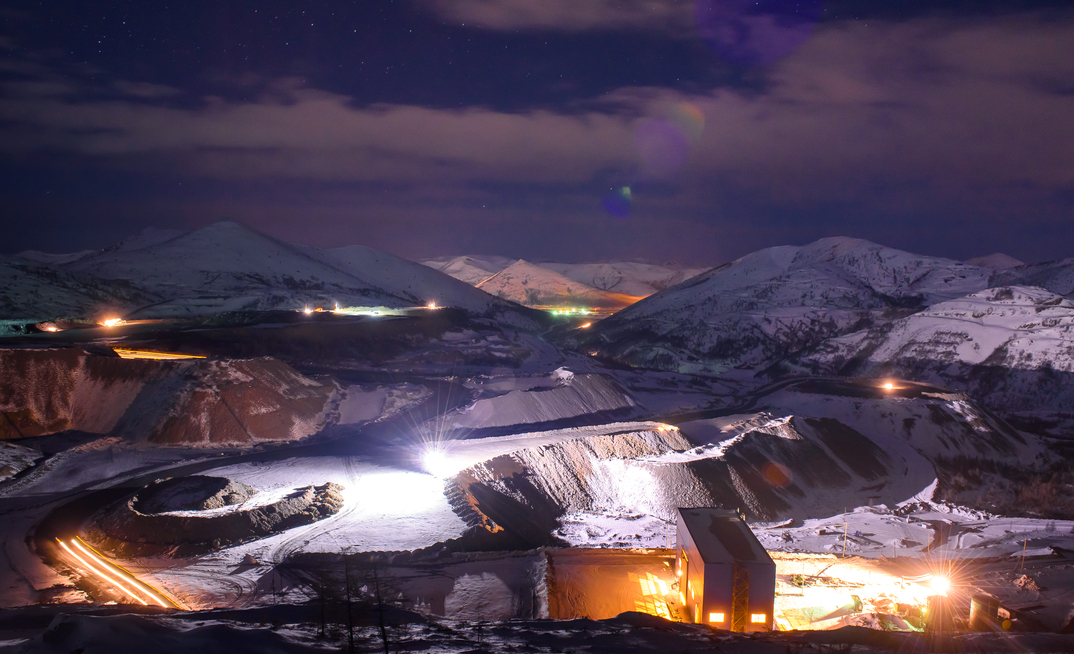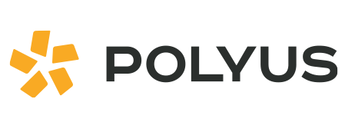In these circumstances, they have had to focus on pressing economic and legal matters.
However, decarbonisation, operational safety, human rights, social and environmental investments that have been high on the agenda worldwide for the last several years have already become the new norm in Russia as well.
Therefore, despite the withdrawal of major international ESG rating agencies from Russia, lower demand for non-financial reporting from foreign investors and consumers, and the departure of many Russian companies from global exchanges and markets, the largest of them continue working on ESG issues: publishing non-financial information and developing ESG projects.
Moreover, there is a number of forward-looking companies that continue to advance the ESG agenda in Russia. Last year, for this purpose, they formed an ESG Alliance that unites major businesses from various industries. Polyus plays a vital role in this initiative being represented on three of the five committees.
The company has taken large strides on a number of significant recent sustainability efforts that are worth explaining in depth to help markets better understand the company's vision.
Climate Strategy
We, in Polyus, share the global concern for climate change. In October last year, as one of the International Council on Metals and Mining members, we joined a collective commitment to reach net zero in Scope 1 and Scope 2 greenhouse gas emissions by 2050 or sooner.
To make sure we are able to meet the deadline, we thought it was necessary to evaluate our performance and risks today, then draft a more detailed plan for achieving net zero. In line with this, we worked out a climate strategy and presented it in mid-August 2022.
As a part of this strategy, we set a 50-60% mid-term reduction target for Scope 1 and 2 specific missions by 2032 comparing to the levels of 2020.
This target is quite ambitious for us, taking into account Polyus' plans to commission Sukhoi Log. This is one of the world's largest greenfield gold projects with forecast average annual production of 2.3 million ounces of gold per annum. Its launch will almost double Polyus' total annual production and obviously put limitations on the company's ability to reduce emissions more significantly in the mid-term.
To reach the set mid-term target, we will obviously have to adjust our work and daily operations. In this regard, one of our biggest challenges is boosting energy efficiency for which we established a special energy management body and are building an energy efficiency program to introduce automated control systems for fuel and energy resources. We are also considering various technologies and ways to decarbonize the mining equipment fleet.
For this strategy, we have established a methodology for assessing emissions from third-party sources across the company's supply chain and disclosed our Scope 3 emissions calculation for the first time. To reduce these indirect emissions we work closely with our suppliers and contractors, based on Polyus' Supplier Code of Conduct.
Tailings
Another important sphere we intend to continue to work on is tailings management.
In 2020, we actively participated in the ICMM initiative to develop the Global Industry Standard on Tailings Management (GITSM). When the GITSM was put into effect, we committed to implement it at our facilities by the end of 2025.
For this purpose, a special task force was set up in Polyus, headed by the vice president for engineering. We monitor all our 12 tailings facilities for compliance with the global standard by completing checklists. Based on these results, we plan to develop an action plan and roadmaps setting out how to best achieve compliance by 2025.
In parallel, Polyus is continually boosting the quality of our tailings management reporting. In 2022, we published our Report on Tailings Storage Facilities with detailed information on all facilities, in accordance with the requirements and principles of the GITSM. We plan to make this comprehensive reporting an annual practice.
Water management
Mining operations depend greatly on water supply and efficient water management.
In 2019, we launched our water campaign that included numerous technical, organisational, and management initiatives aimed at:
- Reducing freshwater intake by preventing leaks from water supply systems
- Using wastewater
- Replacing freshwater with recycled pit water.
As a result, 93.4% of water in our operations is recycled and reused.
Last year, Polyus was Russia's first mining company to publish a water report on the use of water resources, whereas the water campaign itself was considered a benchmark in Russian mining by many industry experts.
Water is a direct and indirect driver of many ESG metrics, making it extremely important to overall scores. Actually, many companies worldwide fail to report on water risks: last year, less than 7% of companies covered in research by Sustainalytics reported on water withdrawal, and less than 3% of companies reported on water consumption.
Human rights
We in Polyus pay great attention to social issues, by supporting local communities and our employees.
In 2021, Polyus conducted a thorough human rights due diligence process, which allowed us to gain a better understanding of key related risks. We analysed the extent to which human rights risks exist within the risk register, and the extent to which they potentially affect operational activities. Finally, we identified and ranked 25 human rights risks and included five human-risk factors into corporate-risk passports.
Based on the due diligence results, Polyus created a detailed two-year plan to improve the human rights management system. It entailed:
- Updating and publishing policies on human rights and related topics in 2022
- Another human rights due diligence in 2023
- Joining an existing workplace diversity initiative in 2024.
We, in Polyus, continue to rely on global ESG-standards and best practice, and partner with stakeholders where it is possible. However, we are of course pushed to adjust and search for alternatives in many aspects.
For instance, that is the case with some of the ESG ratings.
S&P has completely halted assessing Russian companies, MSCI has set a ceiling for Russian issuers - no company can get above B. The CDP Climate Rating invites participation but without the possibility of scoring.
Polyus continues to provide the data to all international rating agencies that still collect it. However, we are also expanding our participation in Russian ESG ratings as in the current environment they have broader access to information and can better assess our performance and compliance with Russian regulation.
It also makes sense for Russian companies to refocus on Asian ratings, given that their assessment methodology is based on advanced international sustainability principles.
ABOUT THIS COMPANY
Polyus
Polyus is Russia's leading gold miner, the fourth-largest globally by production and largest by reserves
HEAD OFFICE:
- 3 bldg 1, Krasina St., Moscow, 123056, Russia
- Phone: 74956413377
- Web: https://polyus.com/en/
- Email: info@polyus.com



























